26 Dec On This Day in UB History: December 26 (Tsunami in India)
On December 26, 2004, an earthquake off the coast of Indonesia spawned a massive tsunami in the Indian Ocean. It killed a quarter-million people in Indonesia, Thailand, Malaysia, India, and elsewhere — and left countless others homeless and with destroyed livelihoods.
In India, the tsunami hit the state of Andhra Pradesh. Our workers there (we can’t name them on the internet), upon hearing horror stories from villages along the coast, spun into action to help people with medical care, food, clothing, shelter, etc. UB Global channeled contributions from people in North America to India.
On the Sunday after the tsunami, this couple visited seven churches and distributed clothes. In one small church, the pastor and members had been making their needs known to the Lord. When they showed up with clothes, it was a direct answer to their prayers.
In one village they found a group of fisherman who were all Christians. Many had lost their nets and had boats damaged. They were overjoyed that God answered their prayer for clothes and other help. One folks reported, “We saw many who were old and seemed to have lost all hope, and they were so delighted to receive some clothes for their use and have someone inquire of their welfare.”
A 16-year-old boy flagged down their car and begged them to come to his village, which had not yet received any help. They found about 40 families, most of them Christians. They distributed clothes and promised to return later. “We felt so satisfied to know that we had gone where no one had helped; it was really the Lord’s leading to take us there.”
About 5000 tsunami victims came to their city, either because their homes were destroyed or as a precaution against follow-up waves. Many stayed in nearby schools and colleges, including the United Brethren school they operated, where they received shelter and food.
At six schools, our couple gave away over 1000 bags containing plates, glasses, and a lunch box. In eight fishing villages, they went house-to-house distributing bags containing various items useful in the home — pots and pans, spoons, towels, saris, glasses, and steel storage containers. Since drinking water was hard to get and women needed to haul water long distances, they gave out steel water pots for carrying water. They wrote in the Missions Impact newsletter:
“They were so grateful to get these items. We personally handed these items to them in their homes, along with gospel tracts. We wish you could have seen the delight in their eyes when they received this bag full of things. These people live entirely on fishing. They take out heavy loans at a very high interest rate, usually from people who take the fish from the daily catch as payment on the loan. Fishermen seem to be in a cycle of perpetual loans and poverty. It was a ray of hope to see that they are sending their children to school to enable them to escape this cycle.”
In two villages, they saw uncompleted church buildings which, because of the tsunami, would probably be left unfinished. These were the only churches in those villages (along with a Hindu temple). “We helped make sure that these buildings were completed. When we delivered relief items in these villages, we took the pastor with us to encourage villagers to come to church and know more about the compassion and love of our Lord Jesus.”
In one village, they conducted evangelistic meetings for two nights. Each night 300-350 people attended, 70% of them Hindus. They were very receptive to the Gospel, and 37 persons raised their hands to make commitments to Christ. Those who could read and write handed in decision cards. Our couple followed up by introducing them to local churches.
In each village, Hindu leaders expressed their gratitude. They appreciated the work being done by Christians.

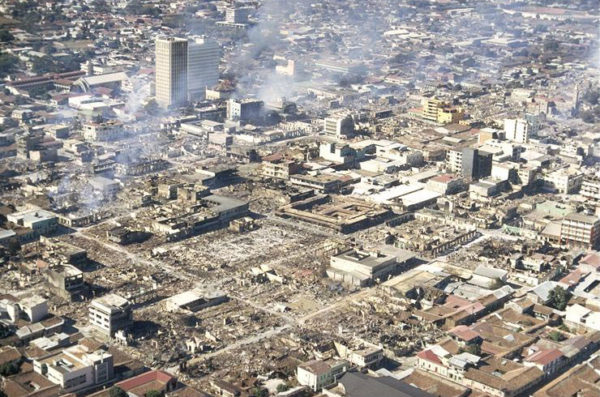

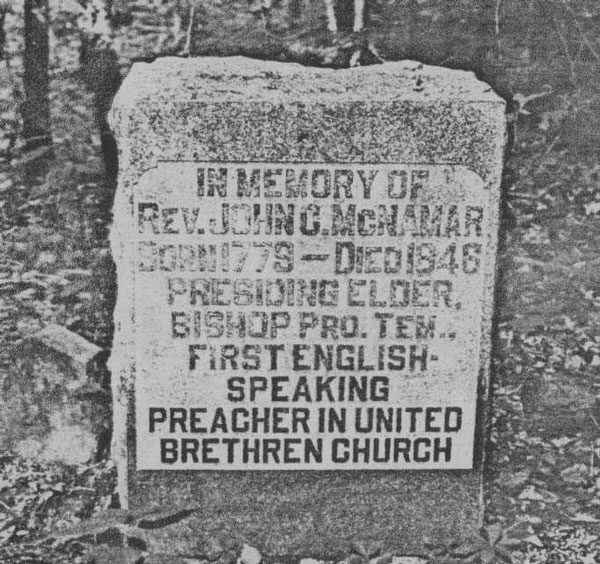
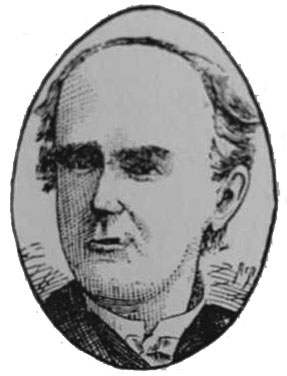
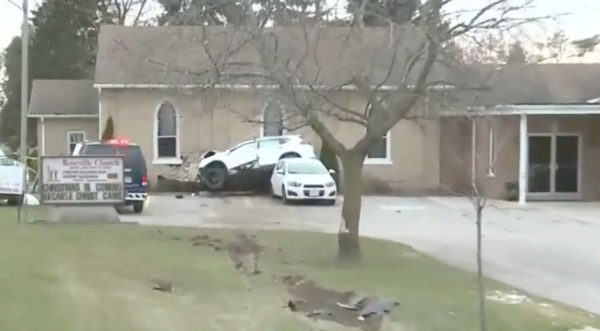

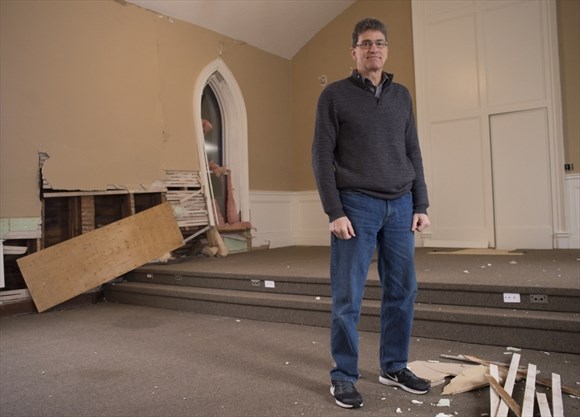
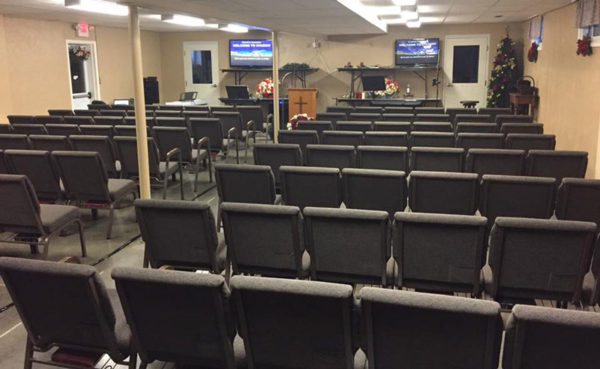
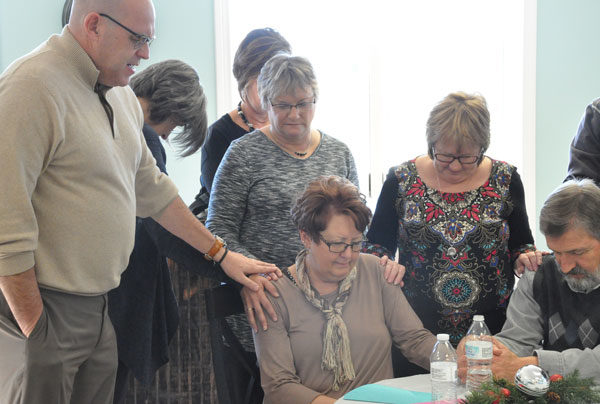
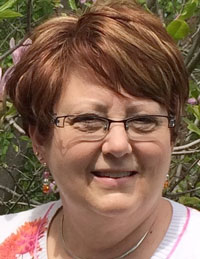 With the decision this fall to discontinue the marketing operation, Jane’s position was no longer needed. Jane saw it coming, and accepted the decision with the utmost graciousness.
With the decision this fall to discontinue the marketing operation, Jane’s position was no longer needed. Jane saw it coming, and accepted the decision with the utmost graciousness.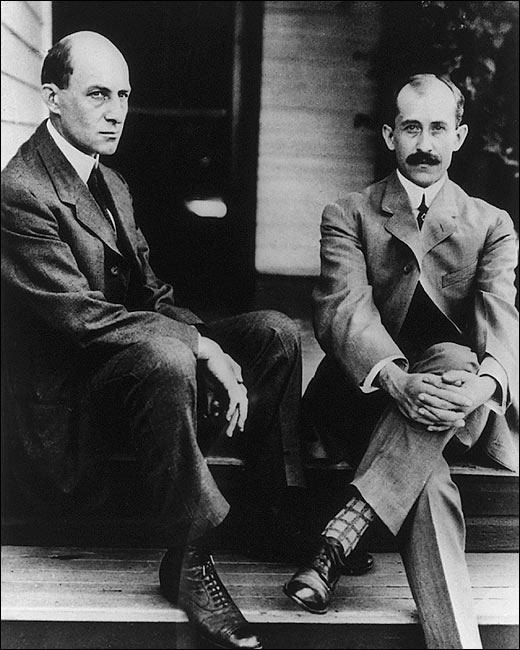
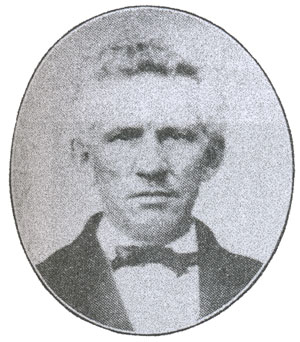
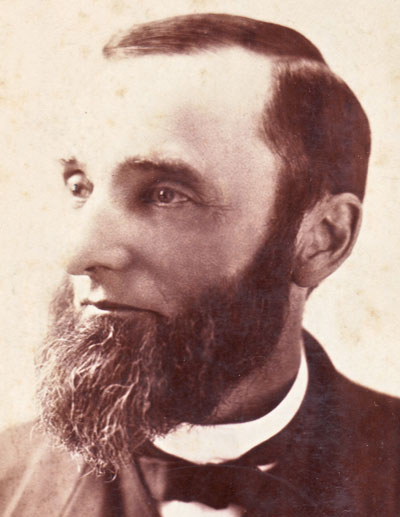 Bishop William Dillon (right) died of pneumonia on December 15, 1919. He served just one term as bishop, 1893-1897. Most of his career was spent in the pastorate and as editor of The Christian Conservator paper.
Bishop William Dillon (right) died of pneumonia on December 15, 1919. He served just one term as bishop, 1893-1897. Most of his career was spent in the pastorate and as editor of The Christian Conservator paper.